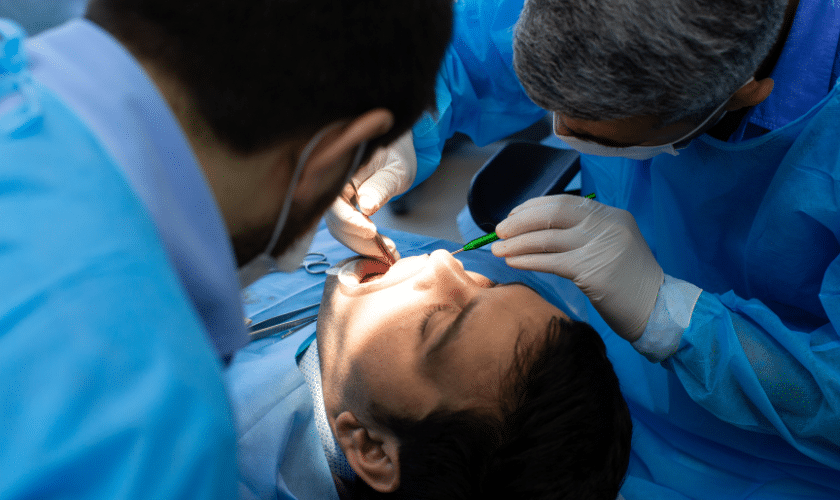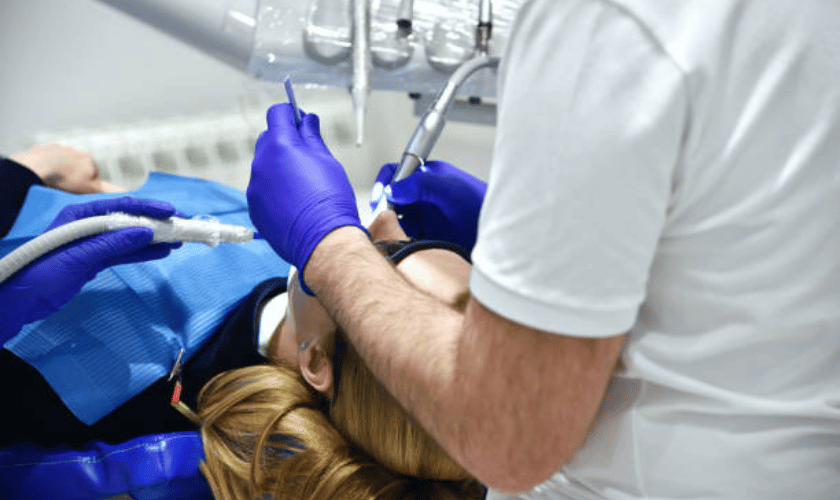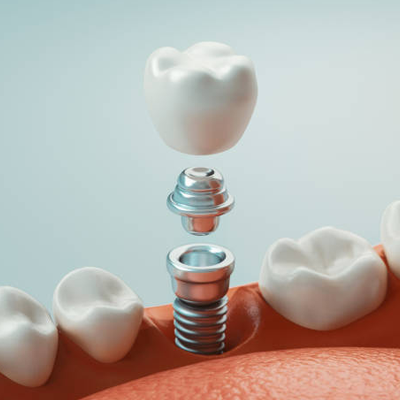
Oral-Surgery: Advantages And Drawbacks
Oral surgery can provide a wide range of benefits. Oral surgery is performed on the mouth and jaw area in order to treat various issues including the misalignment of teeth, jaw misalignment, removal of wisdom teeth, reconstruction of the face, and more. Oral surgery is an effective method for addressing these issues and can provide a range of benefits.
Advantages of Oral Surgery:
1. Improved Oral Health: Oral surgery can improve your oral health by correcting misaligned teeth, which can help to reduce plaque buildup and prevent tooth decay. Oral surgery can also help to correct jaw issues which can reduce the risk of TMJ (temporomandibular joint) disorder and improve overall oral health.
2. Improved Oral Aesthetics: Oral surgery can also improve your oral aesthetics by correcting misaligned teeth, improving bite alignment, and reshaping your gumline. This can lead to a healthier, more aesthetically pleasing smile. Oral surgery can also help to correct any underlying issues that can contribute to poor oral health and aesthetics.
3. Reduced Pain: Oral surgery can help to reduce pain caused by TMJ disorder or other jaw-related issues. Oral surgery can also help to reduce pain associated with misaligned teeth or gum disease. Oral surgery can help to reduce the need for medications and other treatments, which can improve your overall quality of life.
Drawbacks of Oral Surgery:
1. Expensive Procedure: Oral surgery is generally expensive, depending on the technique and complexity of the procedure. Cost can also vary significantly depending on factors such as insurance coverage and location.
2. Risk of Complications: Oral surgery can also carry a risk of complications, including infection and nerve damage. Complications can occur during or after the procedure and can be serious in some cases. It is important to discuss your risks with your dentist before undergoing Oral Surgery in order to understand the potential complications that may arise as a result of the procedure.
3. Long Recovery Period: Oral surgery generally requires a long recovery period, and it is important to follow your dentist’s instructions carefully during this time in order to ensure proper healing. Oral Surgery often requires rest and avoidance of strenuous activity for several weeks or months after the procedure.
Conclusion:
Oral surgery can be an effective method for improving oral health and aesthetics, but it is important to weigh the risks and potential complications of Oral Surgery before making a decision. Oral Surgery can be expensive and requires a long recovery period, so it should only be considered after consulting with your dentist to understand all of the possible risks and benefits associated with Oral Surgery.
Oral Surgery can involve some discomfort during the procedure, however, most Oral Surgery procedures are performed with local anesthesia or sedation in order to minimize any pain or discomfort.
The time it takes for Oral Surgery depends on the type of Oral Surgery being performed and the complexity of the procedure. Generally, Oral Surgery takes between 30 minutes and 4 hours to complete.
Most Oral Surgery procedures are covered by insurance, however, it is important to check with your provider to understand what your specific coverage includes.









